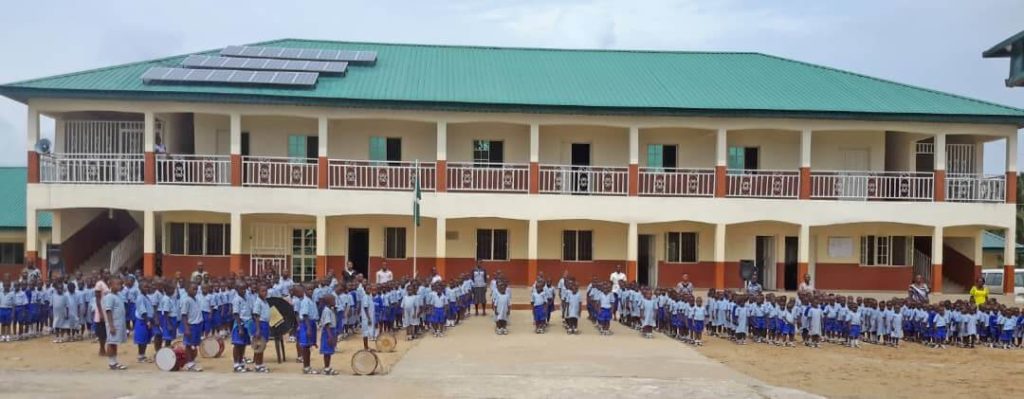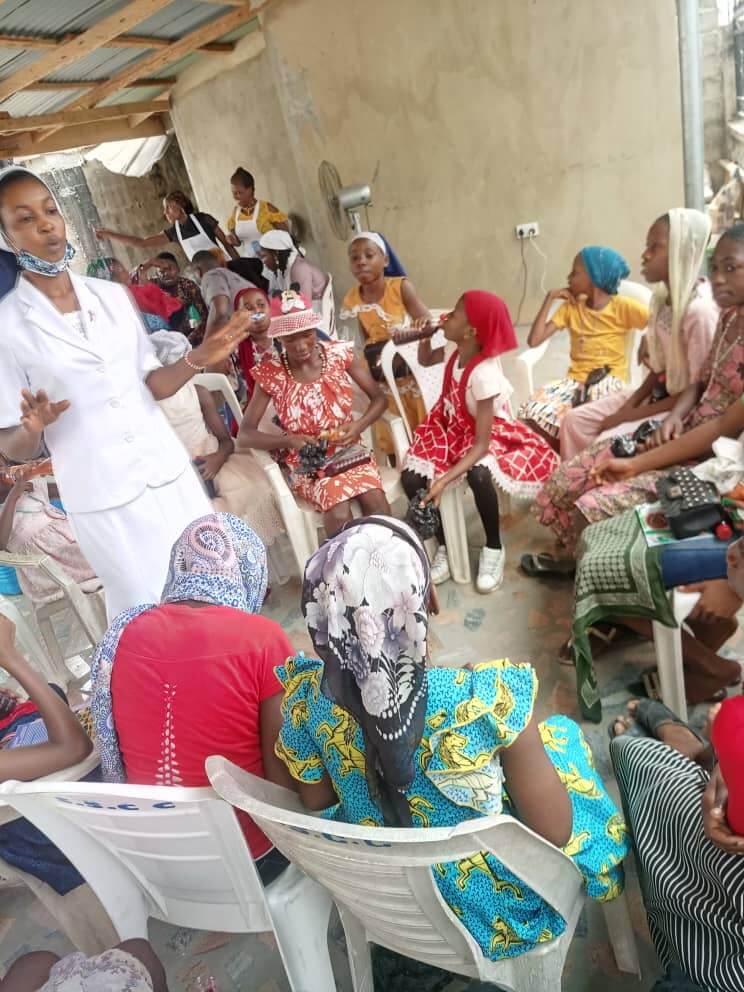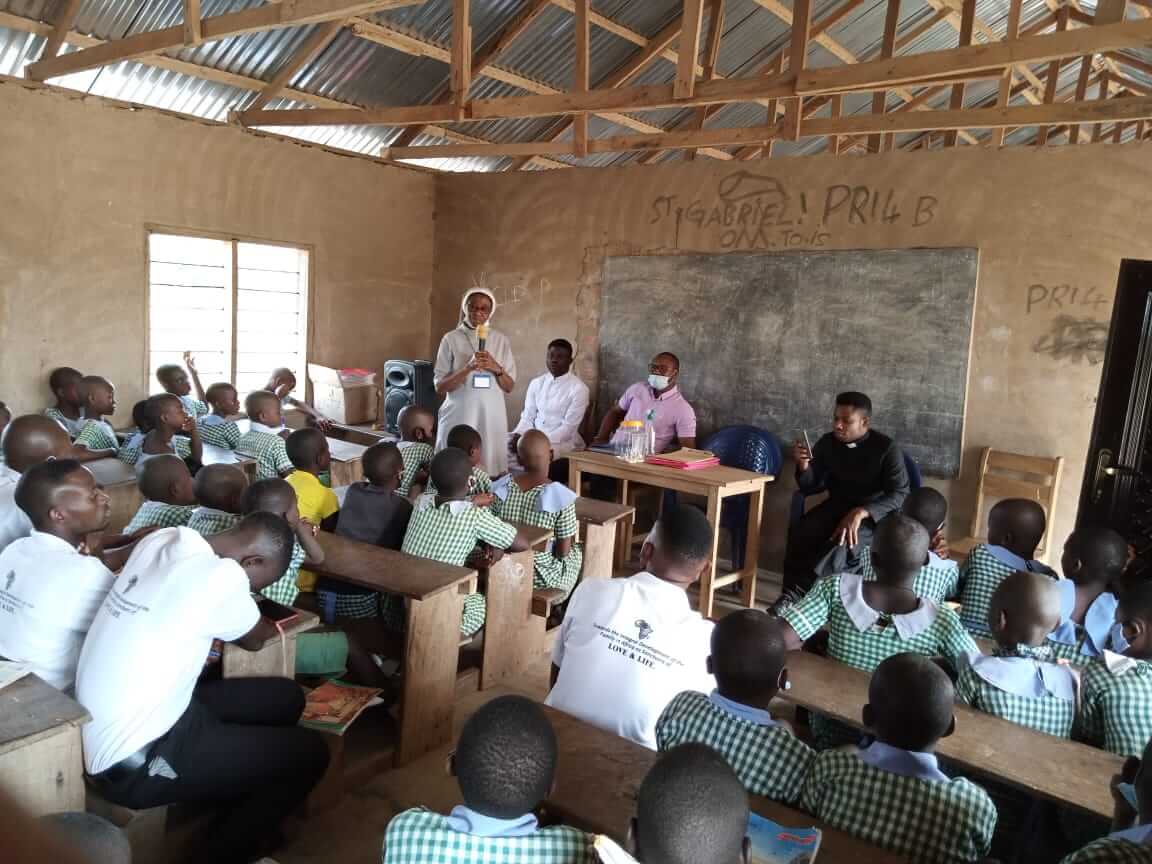
Our presence in Nigeria
The Religious Sisters of Charity were founded in 1815 by Mary Aikenhead where she laid the foundations for the work of our Congregation, by founding a hospital, founding a school, and visiting poor people in their homes.
Our work today still falls into those same three categories of ministry, as our foundress, Mary Aikenhead’s work did:
- Education ministry
- Healthcare ministry
- Pastoral/social ministry
RSC Presence in Nigeria
In 1960, Archbishop Leo Hale Taylor – the Archbishop of Lagos, requested from Dr. John McQuaid – the Archbishop of Dublin, requesting an Order of Religious Sisters who would be willing to assist with the education of visually impaired children in Lagos. The Archbishop McQuaid contacted Mother Teresa Anthony Heskin, the then Superior General of the Religious Sisters of Charity, because they were already responsible for the education of visually impaired girls in Ireland.
Two sisters – Sr. Mary de Chantal and Sr. Mary Paschal Guerin arrived at Badagry in Lagos on 10 January 1961 to begin the Pacelli School for the blind. From that humble beginning, the sisters spread to other parts of Nigeria and are now ministering in three areas in Lagos, three areas in Delta State, Port Harcourt in Rivers State, and Ibadan in Oyo State.
Our Postulancy House is in Ibadan, Oyo State, Nigeria, and our Novitiate is in Lusaka, Zambia
See the form our work takes in the Nigerian Province, detailed below.


Our Ministries in Nigeria
Religious Sisters of Charity, Nigeria
Regional House, P.O. Box 706,
Satellite Town, Lagos, Nigeria
Email: pacholonu@rsccaritas.com

